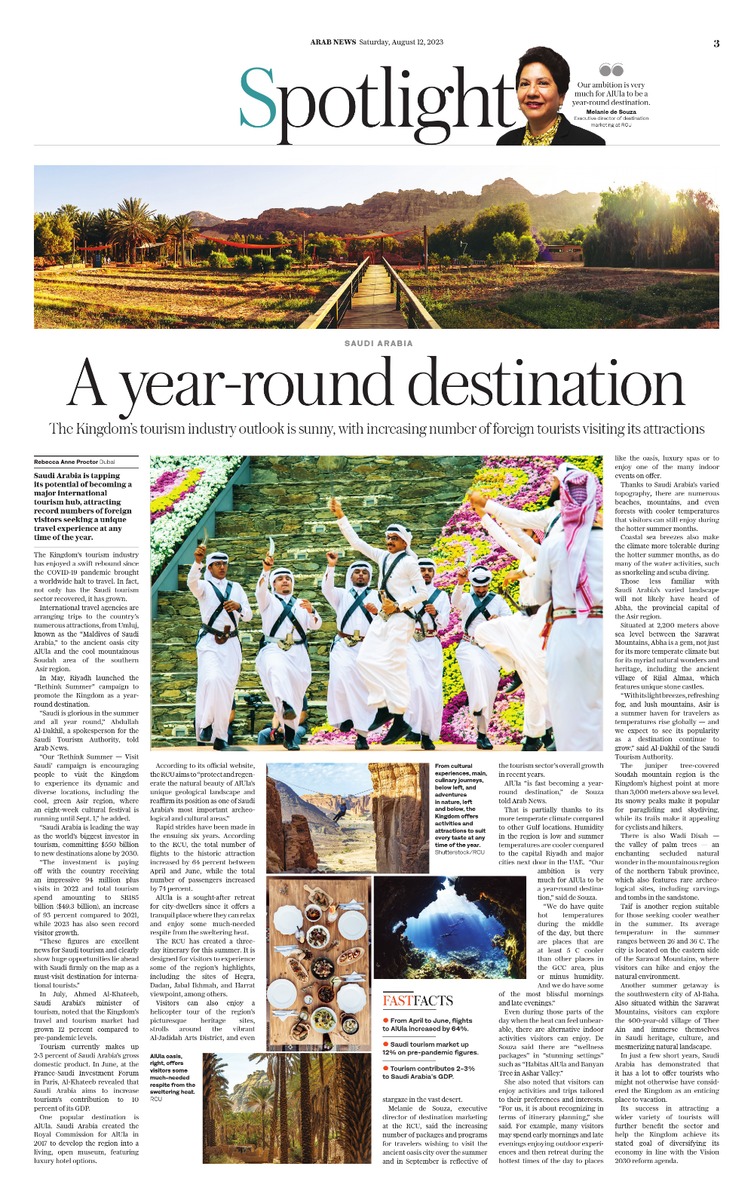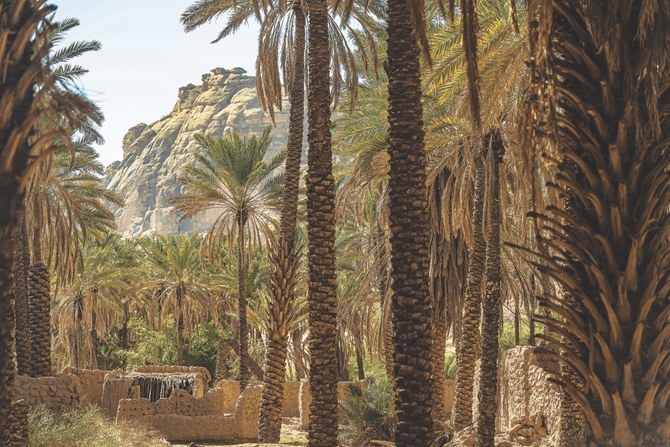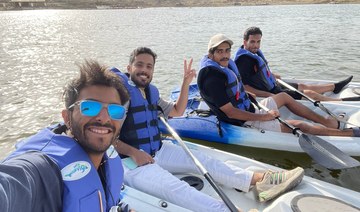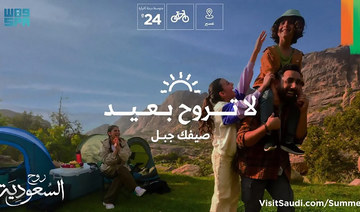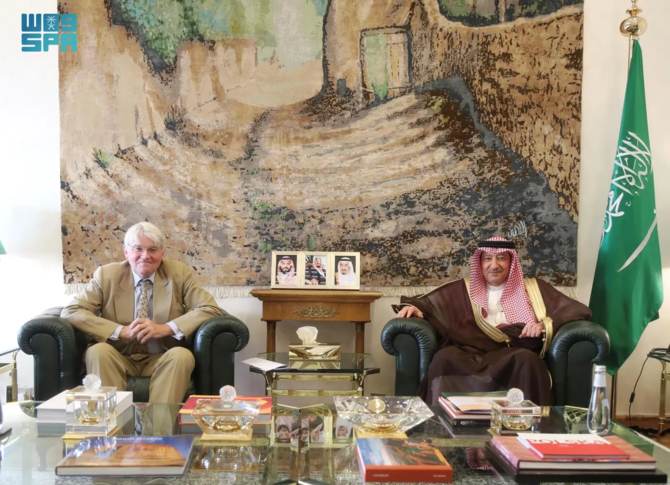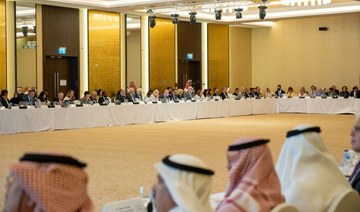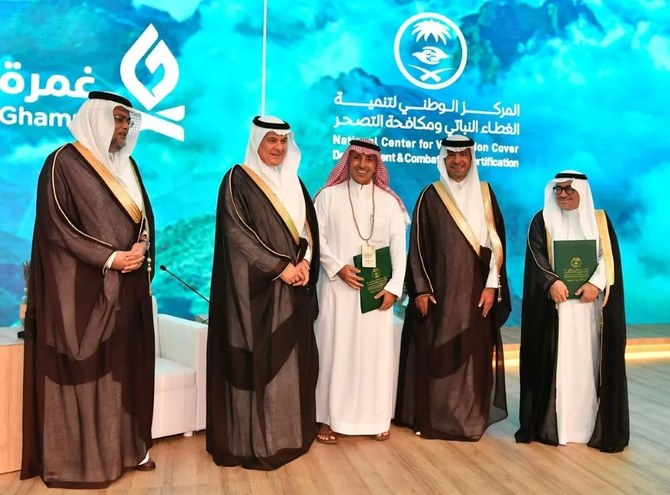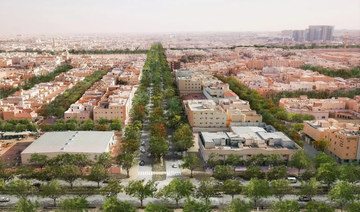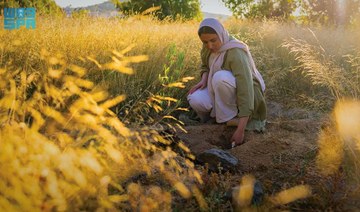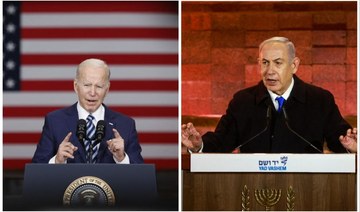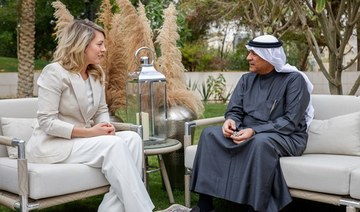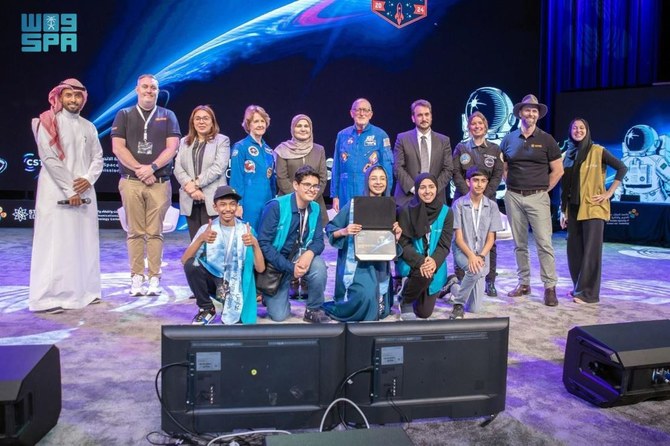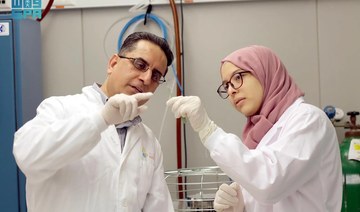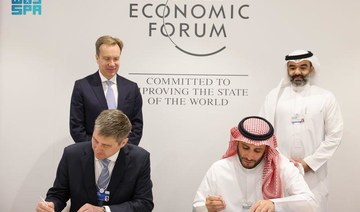DUBAI: Saudi Arabia is tapping its potential of becoming a major international tourism hub, attracting increasing numbers of foreign visitors seeking a unique travel experience at any time of the year.
The Kingdom’s tourism industry has enjoyed a swift rebound since the COVID-19 pandemic brought a worldwide halt to travel. In fact, not only has the Saudi tourism sector recovered, it has grown.
International travel agencies are arranging trips to the country’s numerous attractions, from Umluj, known as the “Maldives of Saudi Arabia,” to the ancient oasis city AlUla and the cool mountainous Soudah area of the southern Asir region.
In May, Riyadh launched the “Rethink Summer” campaign to promote the Kingdom as a year-round destination.
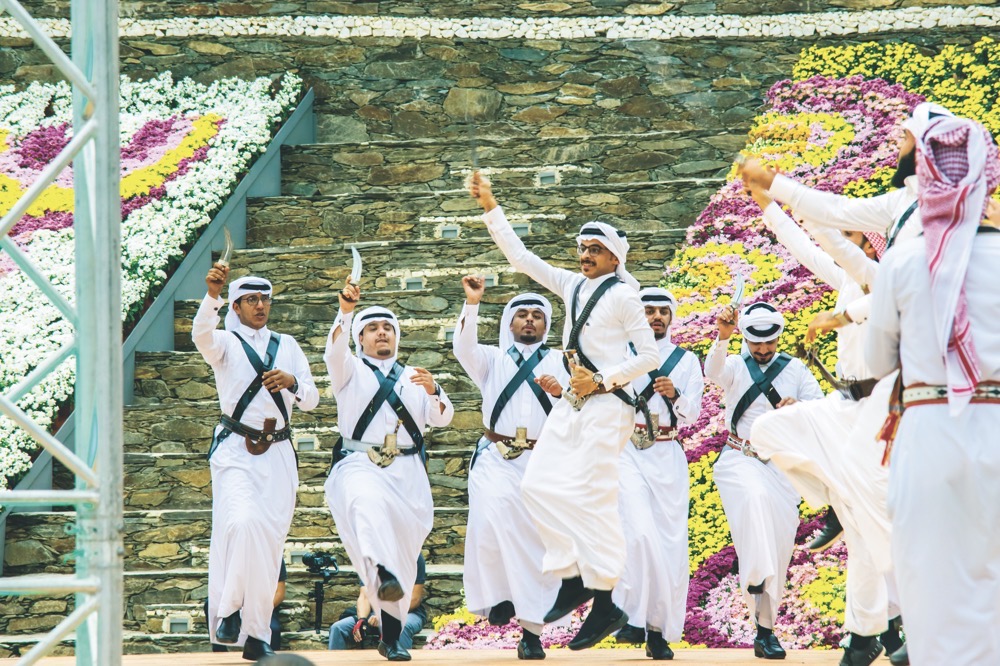
In just a few short years, Saudi Arabia has demonstrated that it has a lot to offer tourists who might not otherwise have considered the Kingdom as an enticing place to vacation. (Shutterstock)
“Saudi is glorious in the summer and all year round,” Abdullah Al-Dakhil, a spokesperson for the Saudi Tourism Authority, told Arab News.
“Our ‘Rethink Summer — Visit Saudi’ campaign is encouraging people to visit the Kingdom to experience its dynamic and diverse locations, including the cool, green Asir region, where an eight-week cultural festival is running until Sept. 1,” he added.
“Saudi Arabia is leading the way as the world’s biggest investor in tourism, committing $550 billion to new destinations alone by 2030.
“The investment is paying off with the country receiving an impressive 94 million plus visits in 2022 and total tourism spend amounting to SR185 billion ($49.3 billion), an increase of 93 percent compared to 2021, while 2023 has also seen record visitor growth.
“These figures are excellent news for Saudi tourism and clearly show huge opportunities lie ahead with Saudi firmly on the map as a must-visit destination for international tourists.”
In July, Ahmed Al-Khateeb, Saudi Arabia’s minister of tourism, noted that the Kingdom’s travel and tourism market had grown 12 percent compared to pre-pandemic levels.

Tourism currently makes up 2-3 percent of Saudi Arabia’s gross domestic product. (RCA)
Tourism currently makes up 2-3 percent of Saudi Arabia’s gross domestic product. In June, at the France-Saudi Investment Forum in Paris, Al-Khateeb revealed that Saudi Arabia aims to increase tourism’s contribution to 10 percent of its GDP.
One popular destination is AlUla. Saudi Arabia created the Royal Commission for AlUla in 2017 to develop the region into a living, open museum, featuring luxury hotel options.
According to its official website, the RCU aims to “protect and regenerate the natural beauty of AlUla’s unique geological landscape and reaffirm its position as one of Saudi Arabia’s most important archeological and cultural areas.”
Rapid strides have been made in the ensuing six years. According to the RCU, the total number of flights to the historic attraction increased by 64 percent between April and June, while the total number of passengers increased by 74 percent.
AlUla is a sought-after retreat for city-dwellers since it offers a tranquil place where they can relax and enjoy some much-needed respite from the sweltering heat.
The RCU has created a three-day itinerary for this summer. It is designed for visitors to experience some of the region’s highlights, including the sites of Hegra, Dadan, Jabal Ikhmah, and Harrat viewpoint, among others.
Visitors can also enjoy a helicopter tour of the region’s picturesque heritage sites, strolls around the vibrant Al-Jadidah Arts District, and even stargaze in the vast desert.
FASTFACTS
• From April to June, flights to AlUla increased by 64%.
• Saudi tourism market up 12% on pre-pandemic figures.
• Tourism contributes 2-3% to Saudi Arabia’s GDP.
• Aim to increase tourism’s GDP contribution to 10%.
Melanie de Souza, executive director of destination marketing at the RCU, said the increasing number of packages and programs for travelers wishing to visit the ancient oasis city over the summer and in September is reflective of the tourism sector’s overall growth in recent years.
AlUla “is fast becoming a year-round destination,” de Souza told Arab News.
That is partially thanks to its more temperate climate compared to other Gulf locations. Humidity in the region is low and summer temperatures are cooler compared to the capital Riyadh and major cities next door in the UAE.
“Our ambition is very much for AlUla to be a year-round destination,” said de Souza.
“We do have quite hot temperatures during the middle of the day, but there are places that are at least 5 C cooler than other places in the GCC area, plus or minus humidity. And we do have some of the most blissful mornings and late evenings.”
Even during those parts of the day when the heat can feel unbearable, there are alternative indoor activities visitors can enjoy. De Souza said there are “wellness packages” in “stunning settings” such as “Habitas AlUla and Banyan Tree in Ashar Valley.”
She also noted that visitors can enjoy activities and trips tailored to their preferences and interests. “For us, it is about recognizing in terms of itinerary planning,” she said.

The Kingdom’s tourism industry has bounced back after the pandemic, offering attractions, inlcuding regional cuisines. (RCA)
For example, many visitors may spend early mornings and late evenings enjoying outdoor experiences and then retreat during the hottest times of the day to places like the oasis, luxury spas or to enjoy one of the many indoor events on offer.
Thanks to Saudi Arabia’s varied topography, there are numerous beaches, mountains, and even forests with cooler temperatures that visitors can still enjoy during the hotter summer months.
Coastal sea breezes also make the climate more tolerable during the hotter summer months, as do many of the water activities, such as snorkeling and scuba diving.
Those less familiar with Saudi Arabia’s varied landscape will not likely have heard of Abha, the provincial capital of the Asir region.
Situated at 2,200 meters above sea level between the Sarawat Mountains, Abha is a gem, not just for its more temperate climate but for its myriad natural wonders and heritage, including the ancient village of Rijal Almaa, which features unique stone castles.
“With its light breezes, refreshing fog, and lush mountains, Asir is a summer haven for travelers as temperatures rise globally — and we expect to see its popularity as a destination continue to grow,” said Al-Dakhil of the Saudi Tourism Authority.
The juniper tree-covered Soudah mountain region is the Kingdom’s highest point at more than 3,000 meters above sea level. Its snowy peaks make it popular for paragliding and skydiving, while its trails make it appealing for cyclists and hikers.
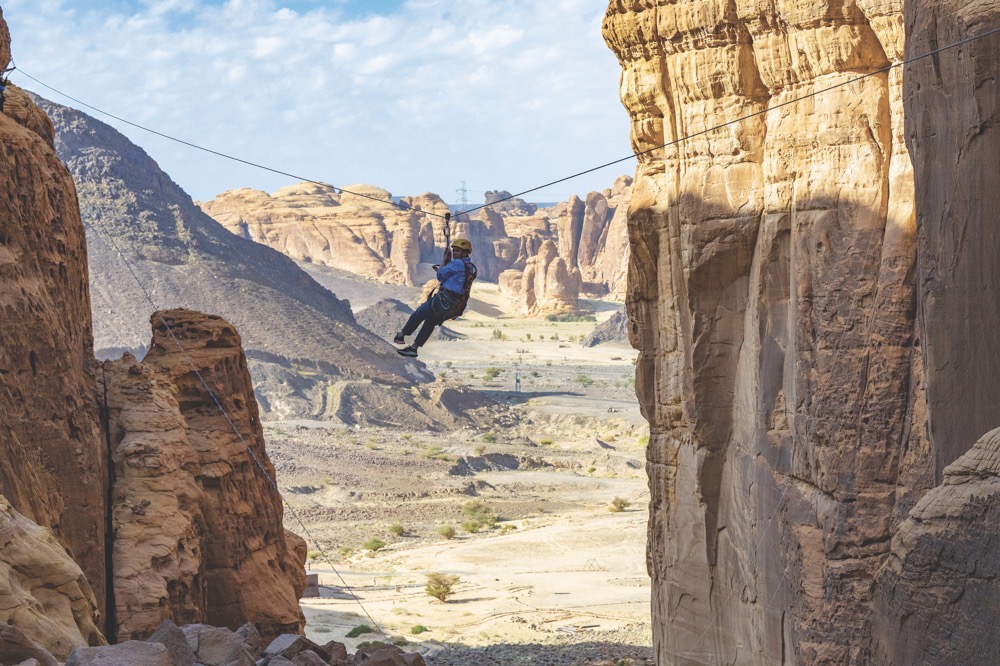
From cultural experiences culinary journeys and adventures in nature Saudi Arabia offers activities and attractions to suit every taste at any time of the year. (Shutterstock)
There is also Wadi Disah — the valley of palm trees — an enchanting secluded natural wonder in the mountainous region of the northern Tabuk province, which also features rare archeological sites, including carvings and tombs in the sandstone.
Taif is another region suitable for those seeking cooler weather in the summer. Its average temperature in the summer ranges between 26 and 36 C. The city is located on the eastern side of the Sarawat Mountains, where visitors can hike and enjoy the natural environment.
Another summer getaway is the southwestern city of Al-Baha. Also situated within the Sarawat Mountains, visitors can explore the 400-year-old village of Thee Ain and immerse themselves in Saudi heritage, culture, and mesmerizing natural landscape.
In just a few short years, Saudi Arabia has demonstrated that it has a lot to offer tourists who might not otherwise have considered the Kingdom as an enticing place to vacation.
Its success in attracting a wider variety of tourists will further benefit the sector and help the Kingdom achieve its stated goal of diversifying its economy in line with the Vision 2030 reform agenda.
